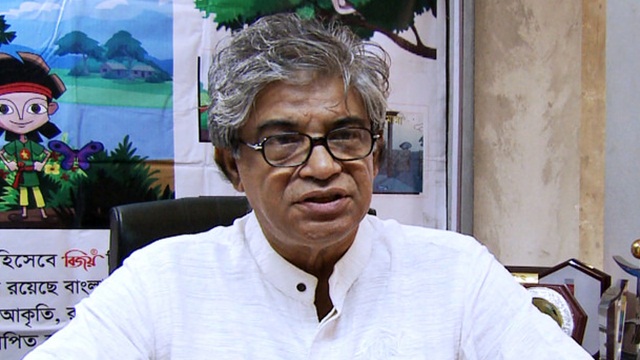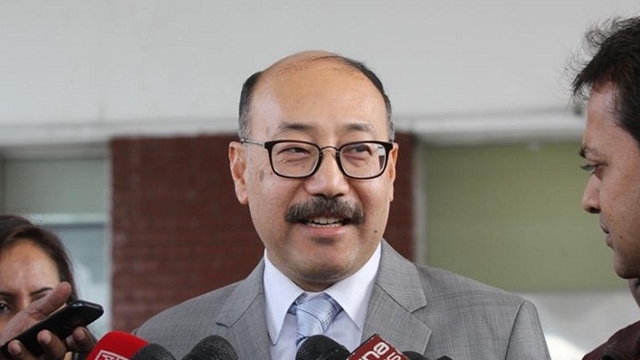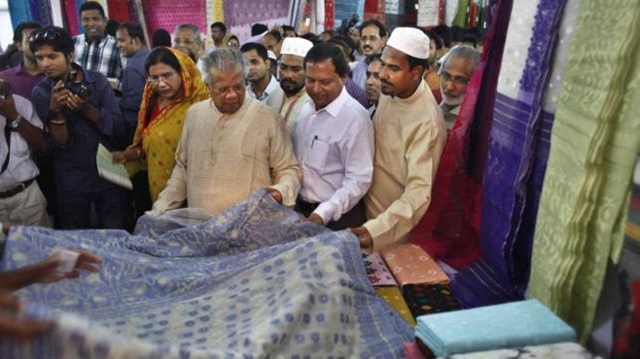Rubel Rana
Published:2018-05-26 16:21:05 BdST
Secondary treasury bills, bonds market witnesses volatility
FT ONLINE
Country's secondary market of treasury bills and bonds is lately gripped by a sharp volatility, according to the central bank data.
The less-than-expected borrowing by the government from the banking system has been identified as the main reason behind such fluctuations in the secondary market.
The secondary bond market was introduced in 2011 by the central bank.
In April last, the monthly turnover of the secondary market was just Tk 6.5 billion, down from around Tk 27.8 billion in March, 2018. Turnover covers both buy and sales.
In February 2018, the turnover was Tk 5.0 billion.
Bangladesh Bank has its own depository system for the transaction and settlement of government securities in the Market Infrastructure (MI) Module.
The module is intended to expedite both the primary auction and secondary market.
The institutions and individuals can buy and sell the bills and bonds in working days from the secondary market.
But primary dealers up to 20 can only participate in the primary auctions.
Top treasury executives said that many banks now sell the bills-bonds at the end of each quarter.
Such sales by financial institutions give a boost to their profits.
Ashim Kumar Saha, head of treasury at the privately-owned Mercantile Bank, told the FE that many now trade at the end of the quarter as it generates some profits.
Mr Saha also said there was less-than-expected new issuance of bonds and bills leading to the unexpected turnover.
There was significant volume of turnover at a particular time when the government borrowed a large amount to meet its budget deficit through auctions, he recalled.
Motiur Rahman, another head of treasury at privately-owned Prime Bank,said the secondary market remains unattractive to many as the yield has fallen significantly.
Many hold the bonds as they believe there will be revaluation losses if they sell.
The 20-year maturity bond has just over 8.0 per cent payout semiannually. It was over 11 per cent in the past.
"How will institutions and individuals invest if the rate of yields becomes so low?" he asked.
He also said the banks which have surplus money usually invest in the bonds.
Many commercial lenders had liquidity shortage during the past few months, which prompted the central bank to slash cash reserve ratios.
Banks and financial institutions can use government securities as collateral only to borrow funds in the repo market.
Some economists, who are familiar with the country's financial market, the overall supply of bonds/bills fell in recent months resulting in poor turnover in the secondary market.
"The overall supply of bonds and bills in the market is poor as the government is borrowing less than expected," said Dr Ahsan H Mansur, executive director at the Policy Research Institute of Bangladesh, a Dhaka-based private-think tank.
He added that most part of government borrowing was now taking place through the national saving certificates.
Through the MI module of the Bangladesh Bank, foreign investors are also eligible to trade in the government securities, which are usually viewed as risk-free.
Dr Mansur noted that Bangladesh is missing out on an opportunity to attract foreign investors through the bond market as it remained under-developed for a long period mainly due to the inadequate supply of instruments.
Unauthorized use or reproduction of The Finance Today content for commercial purposes is strictly prohibited.










